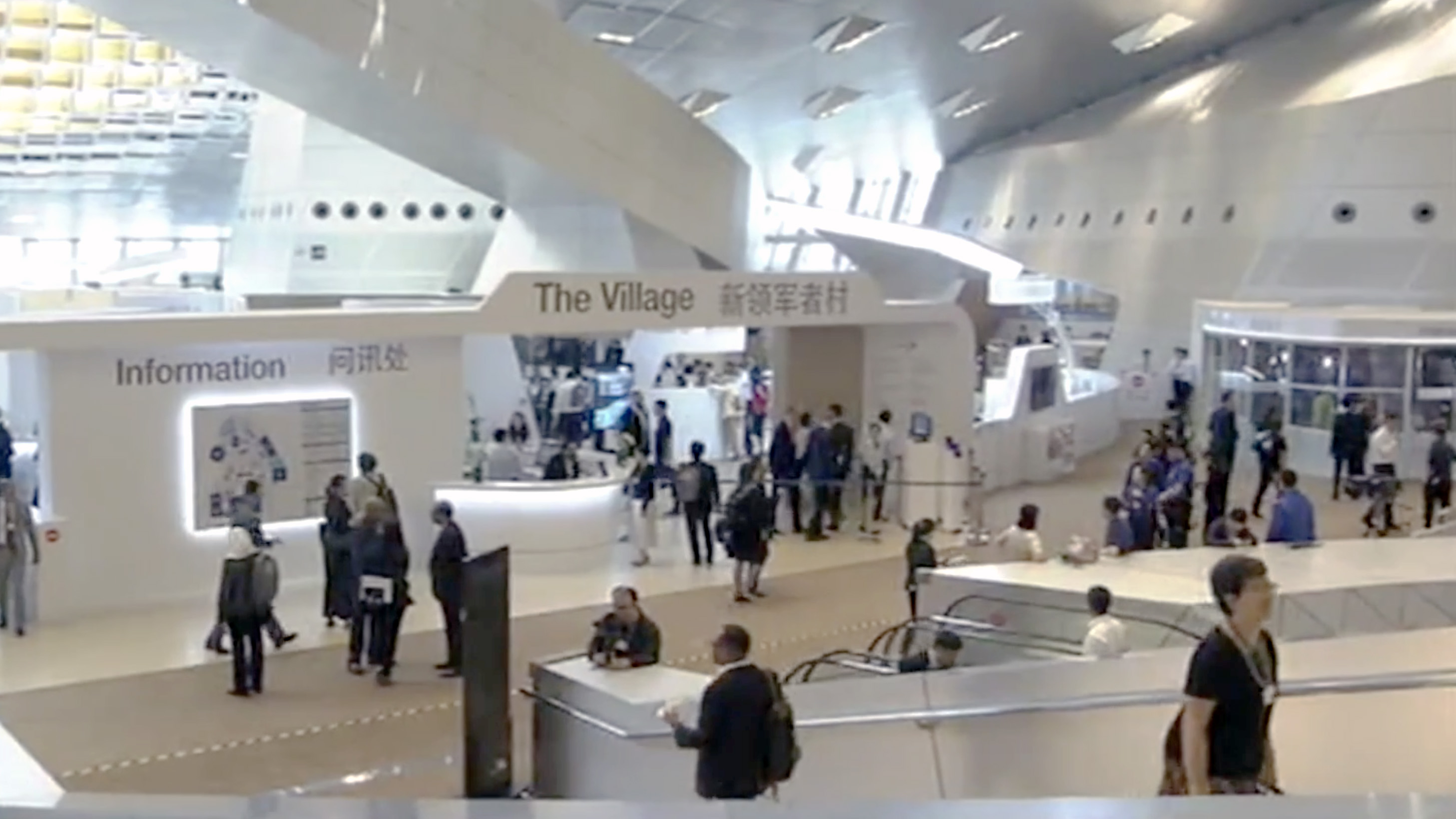

The Summer Davos in China's northeastern city of Dalian is not only about discussion sessions but also a platform for high-tech display.
For example, I stood in front of the camera to get my face scanned for a few seconds. And I saw all the data about me.
Gender is male. Age is 21. But race … is Caucasian?
Frank Vetere, the Deputy Dean of Engagement from Melbourne School of Engineering, explained the system used artificial intelligence (AI).
"It scans your face and compares your face to a large database of faces that have been tagged according to a set of personality attributes and makes a correlation to see how much your face looks like all the other faces," said Frank.
However, the computation results of the so-called "biometric mirror" were quite disappointing. For instance, my results showed I have low kindness and high aggressiveness, which is not the way I feel about myself.
Professor Vetere said these wrong outcomes are a cautionary tale that technologies like AI are far from perfect. Data sourcing can be inherently biased. The generated results, if used for bad purposes like racial profiling, could lead to negative consequences.
"If you are matched to a terrorist face, then you are ascribed attributes of being a terrorist. That has major consequences in terms of the way you are going to be treated."
And another display showcased what the future hospital looks like surgeries being performed by doctors, and robots!
I saw four robotic arms executing orders from a surgeon.
This surgical robot is now being used all over the world, with more than 3,000 of them in the U.S., and around 80 of them in China. They are applied to extracting tumors and killing cancer cells.
"The biggest advantage of the system is it allows for surgeons to perform minimally invasive surgery. Patents only have four holes on their body so they will have less pain, less blood loss, less complications, and shorter recovery period."
Currently, one in 10 surgeries are performed with the assistance of a robot, a percentage expected to more than double in the next five years. Whether it sounds like a wonderful surgical experience is every patient willing to try the new technology remains to be seen.
Finally, a booth gave those who aspire to be celebrities a chance. Your face can be changed to Bruce Lee, Neil Armstrong, Audrey Hepburn, you name it.
"Basically we take one single input image, create different expressions from that image so that we can put someone else's face onto someone else. With this technology you can create fake news and fake videos that look realistic," said Kyle Nicholas San, a software engineer from Pinscreen.
These tech-displays are not just stunts of the show. They are trying to encourage participants to think deeper about technology, how it is shaping our lives and what ramifications it may have for our future.

Copyright © 2018 CGTN. Beijing ICP prepared NO.16065310-3
Copyright © 2018 CGTN. Beijing ICP prepared NO.16065310-3